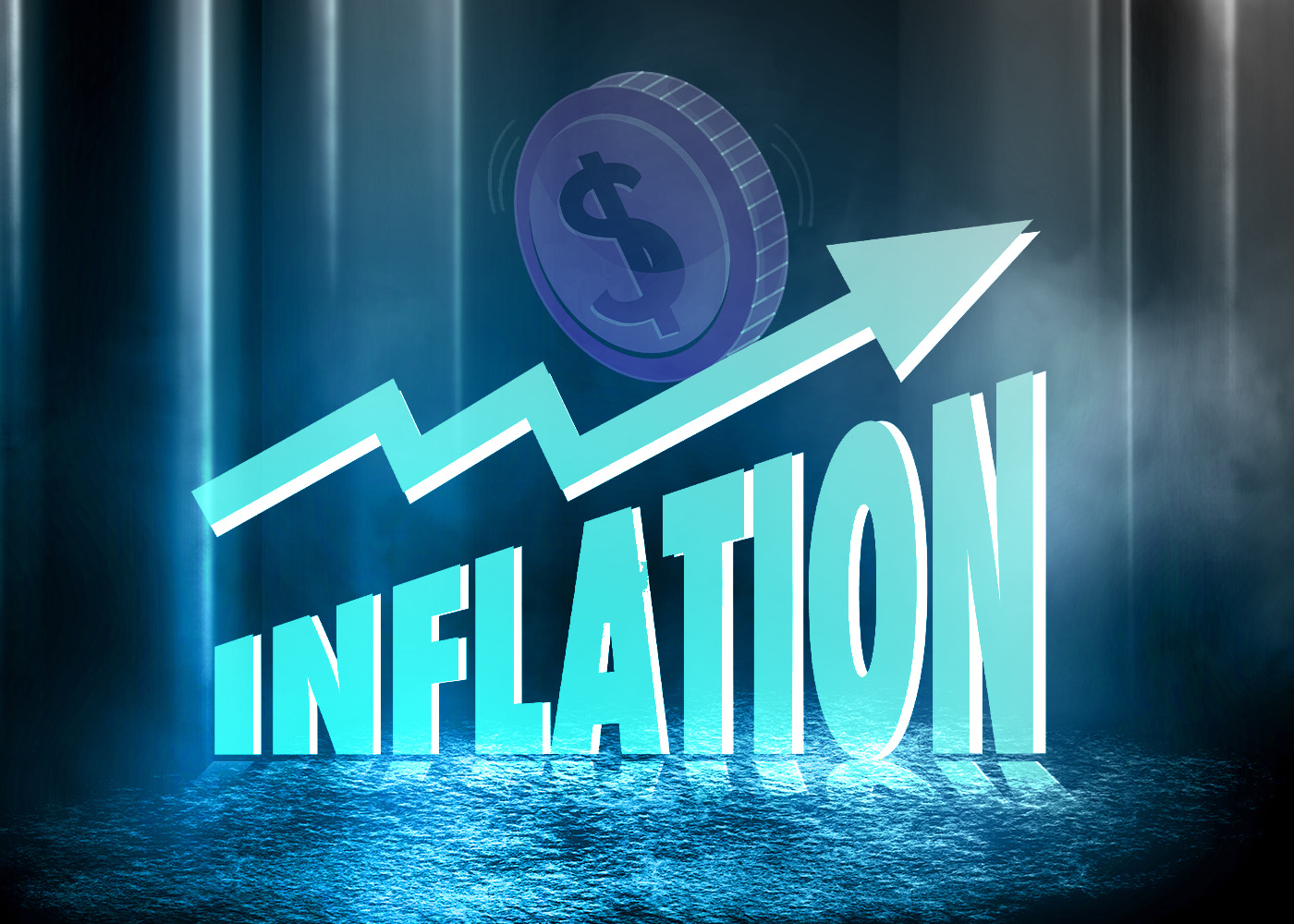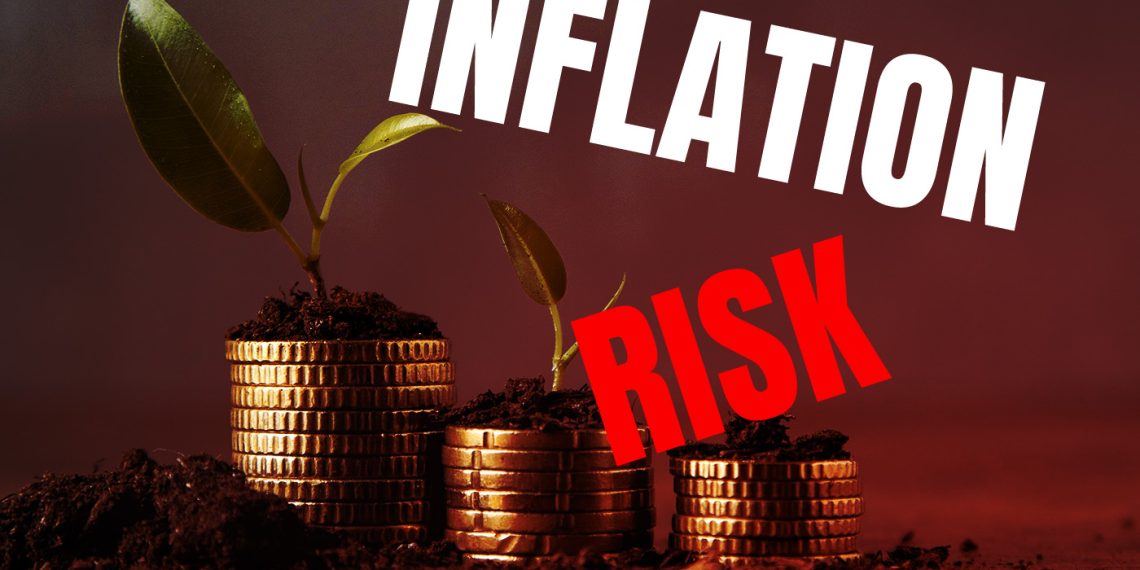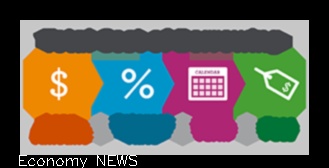The economy is constantly changing, and so are the financial markets. As an investor, it’s important to watch out for any changes or risks that could affect your investments. One of the biggest investment risks a person can face is inflation risk: when there is a decrease in buying power due to rising prices for goods and services. Understanding the inflation risk is definition and how to protect your investments from it is essential if you want to maintain stability in your portfolio. In this post, we’ll dive deep into inflation risk’s definition and provide tips on how to plan ahead to protect your investments from its effects.
Inflation Risk Definition
Inflation risk’s definition can be explained as the potential erosion of the value of an asset or income over time due to inflation. Inflation is an increase in the general price level of goods and services in an economy that reduces the purchasing power of money. Inflation risk is significant for investors and lenders with long-term fixed-rate investments and loans.
Inflation can reduce the real rate of return on these investments and loans. Inflation risks can also affect businesses. This is because input and output prices can change at different rates, affecting profit margins. Managing inflation risk often involves strategies such as investing in assets that are expected to appreciate faster than inflation and adjusting loan interest rates to reflect changes in inflation.
How to Protect Yourself from Inflation Risk?
Invest In Assets that Tend to Perform Well During Periods of Inflation:
To shield yourself from inflationary risks, investing in assets that show strong performance during such economic conditions can be advantageous. Real estate, commodities, and stocks of companies producing necessary goods are some examples that may maintain or even increase their value amidst inflation. This is supported by the fact that these items tend to be highly sought after when prices rise – leading to higher returns as well.
Regularly Review and Adjust Your Investment Portfolio:
Regularly reviewing and adjusting your investment portfolio can help you protect against inflation risks by allowing you to make changes to your investments based on changes in the market and economic conditions. By closely monitoring your portfolio, you can identify any investments that may be negatively impacted by inflation and adjust your holdings accordingly.

Consider Inflation-Protected Securities:
Considering inflation-protected securities, such as TIPS, can help protect against inflation risks by adjusting their value in response to changes in inflation. This gives investors a return that keeps pace with inflation and helps preserve the purchasing power of their investments. TIPS are a valuable addition to a diversified investment portfolio, but they may offer lower returns compared to other types of bonds.
Increasing Your Savings Rate:
Increasing your savings rate can help you protect against inflation risk by allowing you to save more money and maintain your purchasing power in the face of rising prices. By saving more, you will have a larger pool of funds available to invest in assets that provide a hedge against inflation, such as real estate, commodities, and TIPS. Additionally, having a higher savings rate can provide you with greater financial flexibility and stability, allowing you to weather the effects of inflation and other economic fluctuations.
To Summarize
In conclusion, inflation risk is an important concept to understand, given its potential influence on investments and overall economic conditions. It should not be taken lightly and instead should be used as a valuable tool in decision-making processes. For example, inflation risk could help investors decide whether to buy or sell assets and what long-term investment strategies are best suited for their financial objectives. Understanding the inflation risk’s definition is extremely important for anyone considering investing or making significant financial decisions. As times change, so do the risks associated with investing – being mindful of inflation risk can help you make informed decisions that will keep your finances secure for years.













